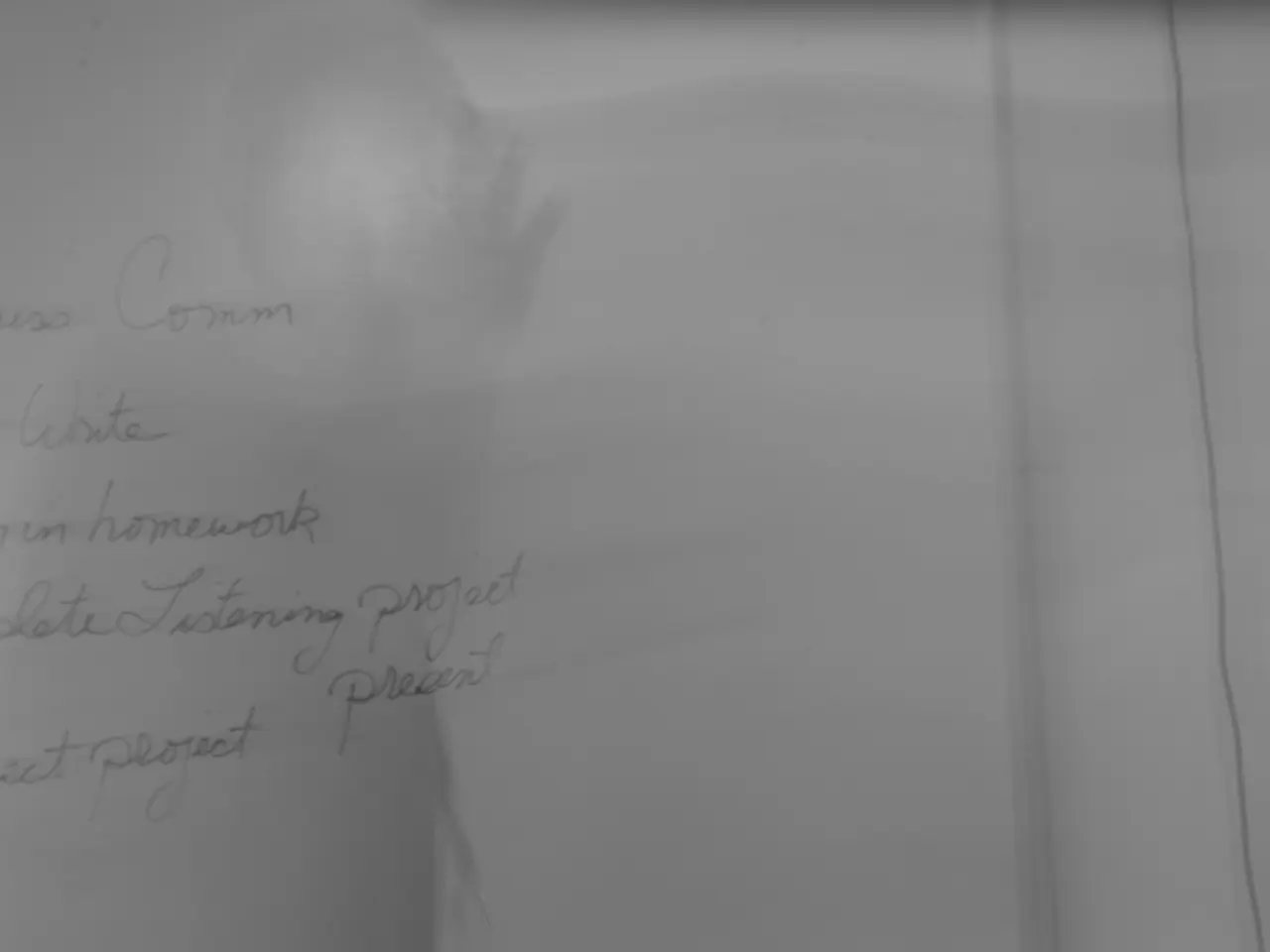Insights from High Court Decision on Judge Authority and Born Citizenship Rights
Major Win for Trump as Supreme Court Cripples Court Injunctions
In a blow to opponents and a significant win for President Donald Trump, the Supreme Court curtailed the power of federal courts to issue court orders blocking federal policies across multiple states. Instead, district courts will only grant relief to the parties directly affected by the lawsuit at hand. This shift restricts the scope of judicial remedies, making it challenging to swiftly challenge federal policies on a nationwide scale unless a class-action lawsuit is pursued.
The high court’s ruling in the case surrounding Trump's effort to end birthright citizenship fundamentally alters the legal landscape by halting the routine issuance of nationwide injunctions, which had been a potent tool for critics challenging controversial executive orders in various domains, like immigration regulations [1][2][4][5]. As a result, the enforcement and blocking of Presidential or executive actions may now see inconsistent outcomes across different jurisdictions until higher courts or the Supreme Court address the underlying constitutional questions [1][4][5].
For future legal challenges against President Trump's policies, the ruling implies:- Challenges will be limited to the immediate parties in the cases, making it harder to secure nationwide, immediate relief.- Opponents will likely encounter a fragmented legal landscape, with varying enforcement and rulings in different districts, leading to complications in enforcing federal policies consistent nationwide.- The ruling might encourage more region-specific or state-based lawsuits rather than consolidated, nationwide actions.- The core constitutional questions concerning the policies themselves, such as the legality of Trump's birthright citizenship executive order, remain unresolved and are set to continue being litigated; however, the policies themselves might be enforced on a temporary basis in the interim [1][2][4].
In essence, the Supreme Court's decision to limit nationwide injunctions diminishes the immediate judicial barrier to the enforcement of Trump's executive policies, paving the way for a more fragmented litigation process focused on narrower, case-specific grounds [1][2][4][5].
Sources:[1] https://www.axios.com/court-limit-power-presidential-injunctions-trump-495cb6ae-0e3b-4a75-a99e-d0d2f8e61d4b.html[2] https://www.nytimes.com/2023/09/09/us/politics/trump-supreme-court-injunction-ruling.html[4] https://www.vox.com/22678596/supreme-court-donald-trump-nationwide-injunctions[5] https://www.washingtonpost.com/politics/2023/09/09/supreme-court-trump-nationwide-injunctions/
- The Supreme Court's decision to limit nationwide injunctions may lead to an increase in region-specific or state-based lawsuits, as opposed to consolidated, nationwide actions, in the framework of political disputes and policy-and-legislation.
- War-and-conflicts and general-news might see less nationwide, immediate relief in challenging executive orders, as opponents will need to focus on case-specific grounds, resulting in a more fragmented legal landscape within politics.







